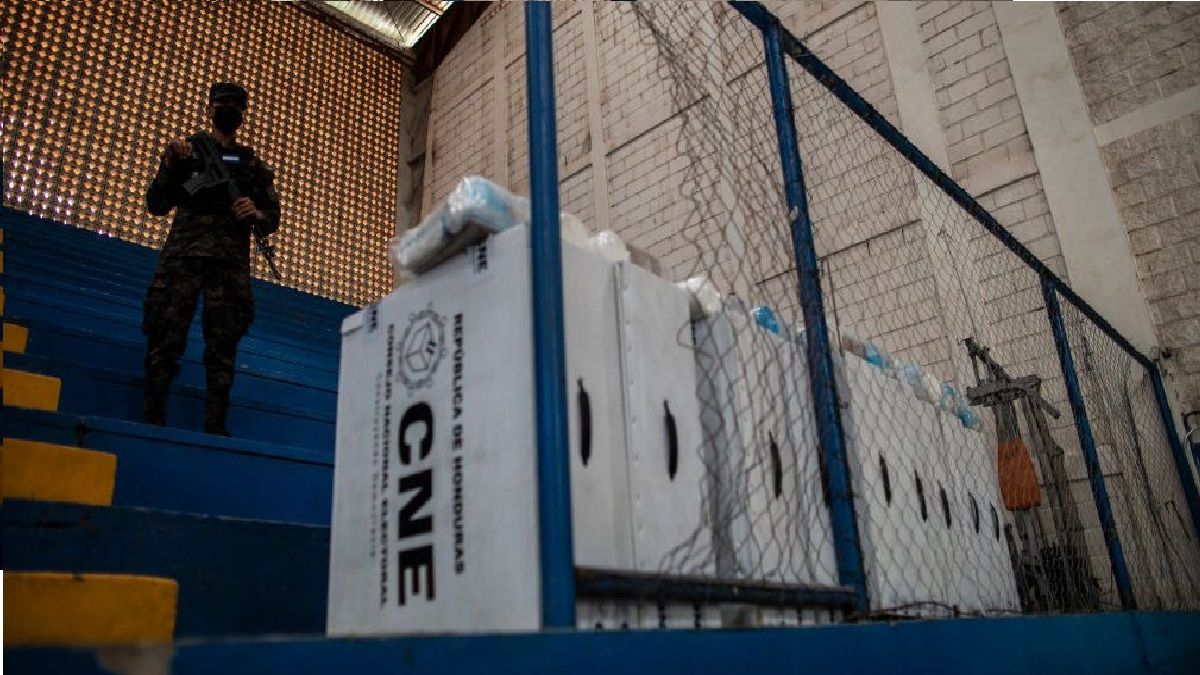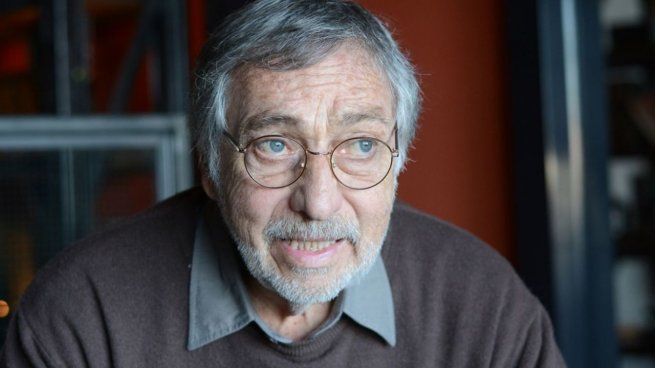The National Electoral Council (CNE) said that Castro has 53% of the votes counted, compared to 34% that Asfura has. So far 16% of the voting records have been counted, the authority said.
If flag bearer Xiomara Castro wins, she would become the first female president of Honduras and mark the return of the left to power for the first time since her husband, former president Manuel Zelaya, was deposed in a coup in 2009.
As the polls closed, the ruling party declared the victory of its candidate, the mayor of Tegucigalpa, Nasry Asfura, while Zelaya did the same for his wife. However, inconveniences at hundreds of voting sites will likely delay the results, officials said.
The National Electoral Council (CNE) said that more than 2.7 million Hondurans had voted until the polls closed, a figure that it described as massive participation, and with more votes yet to be counted since the people who remained trained were able to cast your vote.
The president of the CNE, Kelvin Aguirre, said that the total turnout in the elections of four years ago had already been surpassed. But almost 8% of the 5,755 polling places had transmission problems for the count before the electoral authorities, which will delay the results.
Nationwide, some 5.2 million Hondurans were called to vote in a contest in which the National Party fought to rid itself of corruption scandals
For months, Castro has sought to unify the opposition to outgoing President Juan Orlando Hernández, who has denied allegations of having ties to powerful gangs. There is an open investigation in the United States that allegedly links him to drug trafficking.
After teaming up with the second-place winner in the 2017 presidential election, a popular television host, most polls reinforced Castro’s status as a favorite.
“We are not staying at home, this is the moment. It is the moment to remove this dictatorship,” Castro said., 62, as reporters surrounded her just after voting in the city of Catacamas. “This moment is now or never,” he added.
The candidate said she was confident that voters would report any issues they saw and that international observers would also help ensure a fair vote.
“THIS IS HONDURAS”
The election is the latest hot-button political focus in Central America, from where thousands of migrants leave for the United States and a key transit point for drug trafficking, and where concern has grown over increasingly authoritarian governments.
The vote also sparked diplomatic struggles between Beijing and Washington after Castro said she would open diplomatic ties with China, downplaying ties with US-backed Taiwan.
Castro’s main rival is Nasry Asfura, from the National Party, a wealthy businessman and mayor of the capital, Tegucigalpa, who has tried to distance himself from the unpopular ruler.
Asfura told Honduran television that he would abide by the result of the vote. “What the Honduran people want in the end I respect,” he said.
Some voters consulted by Reuters expressed dissatisfaction with their choice when casting, but many others had clear favorites.
“I am against so much corruption, poverty and even drug trafficking,” said José González, 27, a mechanic who was trained outside a voting center accompanied by his young daughter. He stated that he would vote for Castro.
Hernández’s disputed reelection in 2017 and its aftermath loom large. Widespread reports of election irregularities four years ago sparked protests that claimed the lives of more than two dozen people, but Hernández’s victory was ultimately approved.
Alexa Sánchez, a 22-year-old medical student, lounged on a bench while listening to music on her headphones and said she reluctantly voted for Castro.
“Honestly, it wasn’t like there were so many good options,” she said, adding that she was very skeptical about the fair vote. “I don’t think so,” he said. “This is Honduras.”
VERY HARD CAMPAIGN
Numerous national and international election observers were closely following Sunday’s vote, including a 68-member mission from the European Union.
“We advocate for free, fair and peaceful elections,” said the chief observer Zeljana Zovko, He added that his team had observed a mostly quiet vote with high turnout, although most of the polling stations did not open on time.
Meanwhile, electoral tension manifested itself in some neighborhoods in Tegucigalpa on Saturday night.
Some companies chose to cover store windows, while at least two car dealerships in an area near the president’s offices had emptied their car lots. In the past, that part of the city has been the site of raucous protests.
“The campaign has been very tough,” said Julieta Castellanos, a sociologist and former rector of the National Autonomous University of Honduras, especially after Castro sealed an opposition alliance in October with who ranked second in the 2017 elections that, according to she, “generated great expectation.”
Castellanos said violence after these elections is possible if the contest is especially close, if a greater number of complaints are filed and give rise to suspicions of fraud on a large scale, or if the candidates declare themselves victorious prematurely.
On Sunday afternoon, the leader of the National Party, Fernando Anduray, made such a statement, assuring that Asfura would win while the vote was still taking place.
In addition to the presidential race, voters are also deciding the composition of the 128-member unicameral Congress, plus officials from some 300 local governments.
In the working-class Kennedy neighborhood of Tegucigalpa, 56-year-old accountant José, who declined to give his last name, said he would stay with the ruling party.
“I am hopeful that Tito Asfura can change all of this,” he said, using the mayor’s nickname. “Look, here corruption belongs to all governments,” he added.
Source From: Ambito
David William is a talented author who has made a name for himself in the world of writing. He is a professional author who writes on a wide range of topics, from general interest to opinion news. David is currently working as a writer at 24 hours worlds where he brings his unique perspective and in-depth research to his articles, making them both informative and engaging.




